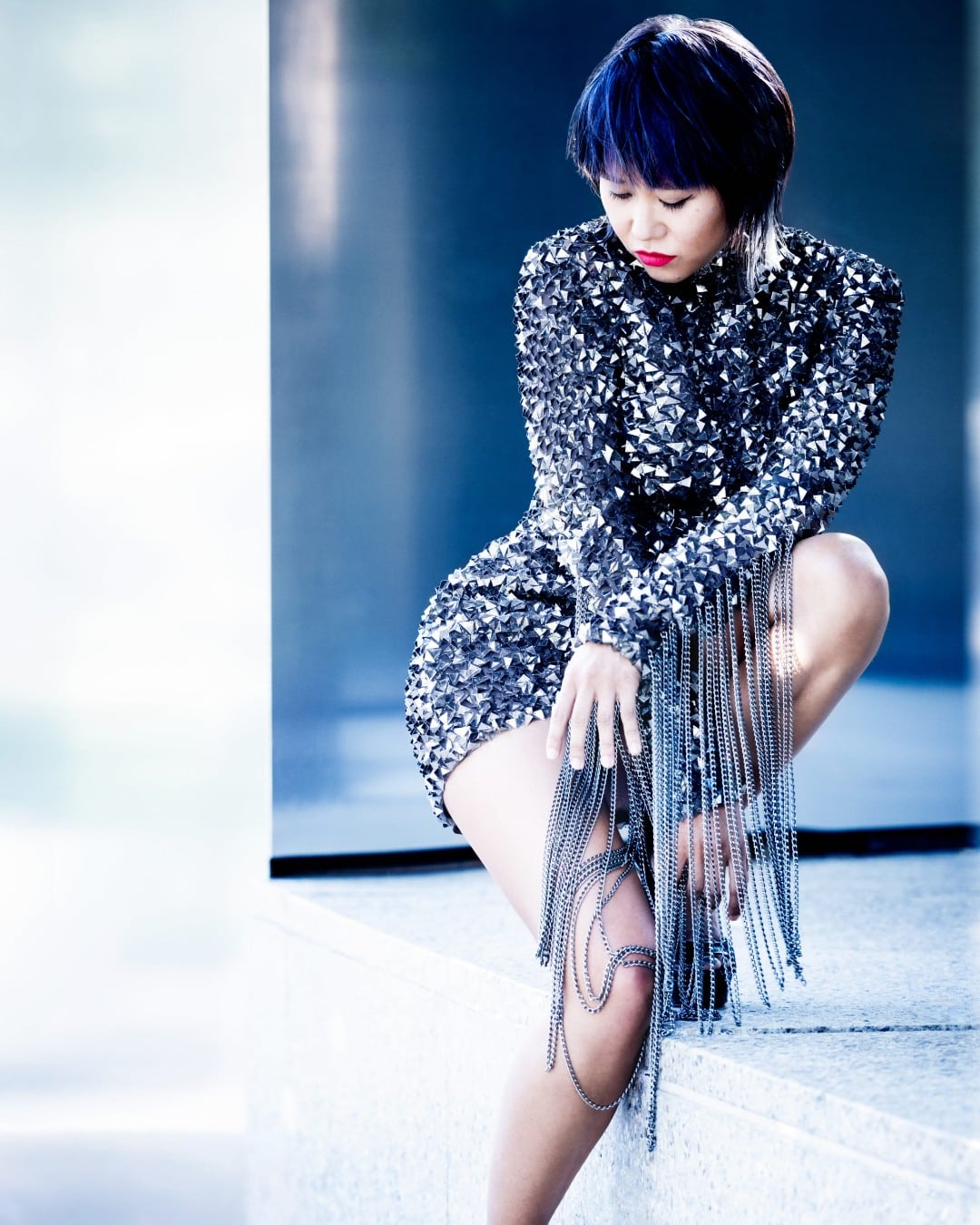Why I’ve taken my music off Amazon
main
norman lebrecht
July 31, 2014
If you’re a small label owner, there’s no place to hide online. Spotify and other streaming services will strip you bare in return for for a few cents. Youtube gives click numbers. And Amazon, worst of all, relegates you to the far corners of civilisation.
Viola soloist and impresario Lev ‘Ljova’ Zhurbin has had enough. He tells us why.

I Am The Warehouse
by Ljova
Last week, after eight years, I decided to stop selling my CD releases via Amazon.
In part, because Amazon keeps a small stock of CDs in their warehouses, meaning I had to ship frequently. I’d often make $3-4 per sale after shipping costs, which compared unfavorably with approximately $6.50 I’d make for an iTunes sale, for which I’d wouldn’t move a muscle. But the other major factor of leaving Amazon’s warehouses is that I began to see the exciting advantage of selling directly to fans, via Bandcamp.com.
I had never shopped around for a record label — it was hard for me to see how a CD of original music for multitrack violas would be of any interest to a label big or small — but with a little nudge from my future wife, I released my debut record, “Vjola: World on Four Strings“, in 2006. Surprisingly, it received reviews in by Allan Kozinn The New York Times, Anastasia Tsioulcas in Billboard and Steve Smith in Time Out, and was featured in an “All Things Considered” segment by David Schulman.
No publicist, no label, no physical distribution — this was an album I recorded in my home studio, using just a viola. Most of the music was improvised from scratch, some had a one-line sketch. It was exciting to see my little homegrown album get some notoriety and airplay, and I am grateful to say that most of its fifteen tracks have been licensed for film and dance projects, and several of them have been frequently championed by young chamber ensembles, including Brooklyn Rider, A Far Cry, Face the Music and Art of Élan. Just last week, The Knights performed one of the album tracks, “Ori’s Fearful Symmetry“, at their Tanglewood debut, and at the Naumburg Bandshell in Central Park.
I’ve released four other albums on my label since — an album of film music (“Lost in Kino“), two albums with my ensemble Ljova and the Kontraband (“Mnemosyne” and “No Refund on Flowers“), and my second solo album, “Melting River“, featuring music for a contemporary dance project by the Canadian choreographer Aszure Barton.
In the past, I’d sell CDs via Amazon and CDBaby, and downloads via iTunes and other digital retailers — but now, I’m increasingly gravitating towards selling via Bandcamp.
When you sell music through Bandcamp, you as an artist are given a name and email address for every sale. I’ve made a habit to contact fans to thank them for their support, and to ask how they found out about my work. Most of the fans reply, eagerly striking up conversations. It is singularly thanks to a sale on Bandcamp that we played a house concert in Ithaca, through which we met Jordan Morton the wonderful young bassist in Ljova and the Kontraband and the Pinky Swear Brigade. Thanks to Bandcamp, I know that we have a fan in Izhevsk, Russia, who has bought all of my records, CD and vinyl.
When you sell through iTunes or Amazon, you have no idea who your listeners are, or how to contact them — Amazon & iTunes know this, but they won’t tell you.
In 2012, I decided to release “Melting River” as a Bandcamp-exclusive, circumventing customary distribution channels in favor of just one. I priced the album download at $2, letting fans pay more if they wanted. Since its release, sales of “Melting River” have eclipsed sales of my other albums both in quantity and financially. Moreover, my sales on Bandcamp.com have eclipsed our sales on iTunes, CDBaby and Amazon combined.
Of course, these sales are relatively modest — but with each Bandcamp sale there is a person and a story, a growing community of fans, many of whom own more than one of our records, many of them autographed. Many of our Bandcamp fans supported our Kickstarter campaign last year.
A typical CD on Amazon costs a much, and weighs almost as little, as an iPhone screen protector. They probably take up similar space in Amazon’s warehouse, and so to Amazon the physical realities of stocking the product are the same. But to an artist, behind each sale is a potential lifetime fan — and the more opportunities you have to interact with them on a human level, the better.
(c) Ljova Zhurbin/www.slippedisc.com
http://www.Ljova.com






Comments